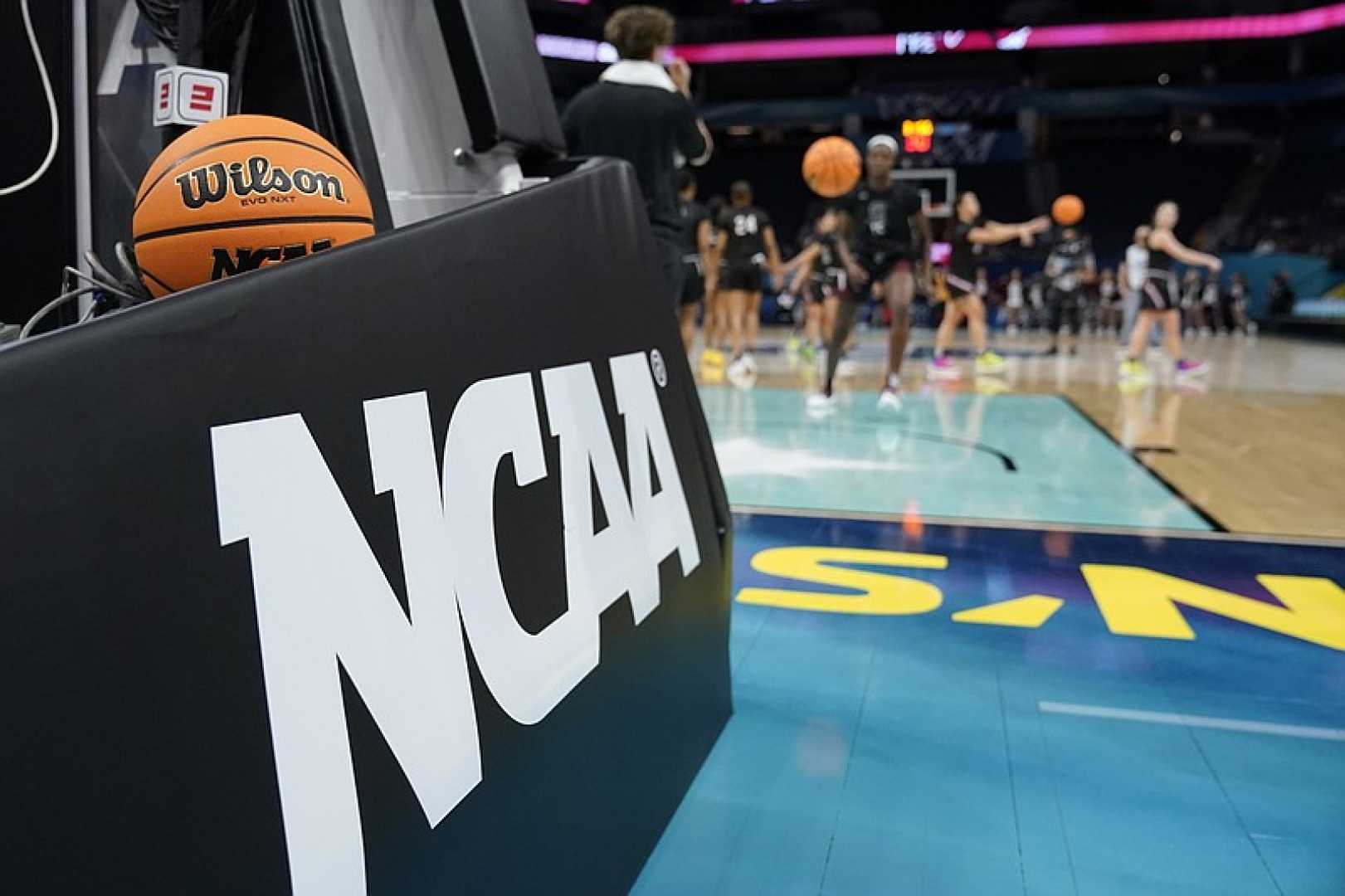Sports
NCAA Explores Significant Changes to Athlete Eligibility Rules

The NCAA is reportedly considering groundbreaking alterations to its amateurism regulations that could reshape the landscape of college athletics. Among the proposed changes is the elimination of the National Letter of Intent (NLI) and the introduction of a fifth year of eligibility for athletes.
This comprehensive review of NCAA athlete-eligibility rules is expected to take place over the course of a year and is designed to reflect the terms established in the recent House settlement. A new signing model that does away with the traditional NLI may be approved as early as October, marking a significant turning point for the NCAA.
One of the most notable potential modifications involves allowing athletes across all sports to participate in a set number of contests during a season while still preserving their redshirt status. Currently, this provision is only applicable to football and wrestling. In football, for example, players can compete in up to four regular season games without losing their redshirt season, a rule that has been updated to exempt all postseason competitions.
If this policy is adopted, sport-specific NCAA committees will need to determine how many competitions an athlete in each sport can participate in before utilizing their redshirt eligibility.
Additionally, the proposed reforms include the discontinuation of the National Letter of Intent, which is a binding agreement between high school athletes and educational institutions. The essential benefits associated with the NLI are set to be integrated into the athletics financial aid and scholarship agreements offered by the institutions.
Recruiting rules similar to those linked to the National Letter of Intent will persist, requiring the signing of school aid agreements that conclude a prospect’s recruitment. This means that all communication with the signed prospect and their family must cease, and prospects will be restricted from signing multiple aid agreements before enrollment.
The potential changes also affect the transfer portal, especially for athletes moving from one four-year college to another. Those wishing to transfer must enter the transfer portal to sign an athletics aid offer, which cannot occur until sport-specific windows have been opened. Furthermore, the NCAA is considering the elimination of the spring transfer portal window in football.
In addition to these changes, the NCAA is evaluating new financial regulations, including allowing athletes who receive payments that exceed their actual expenses for athletic participation to retain their Division I eligibility. Presently, NCAA rules stipulate that athletes cannot accept any form of payment or prize money beyond necessary expenses without risking their eligibility.












